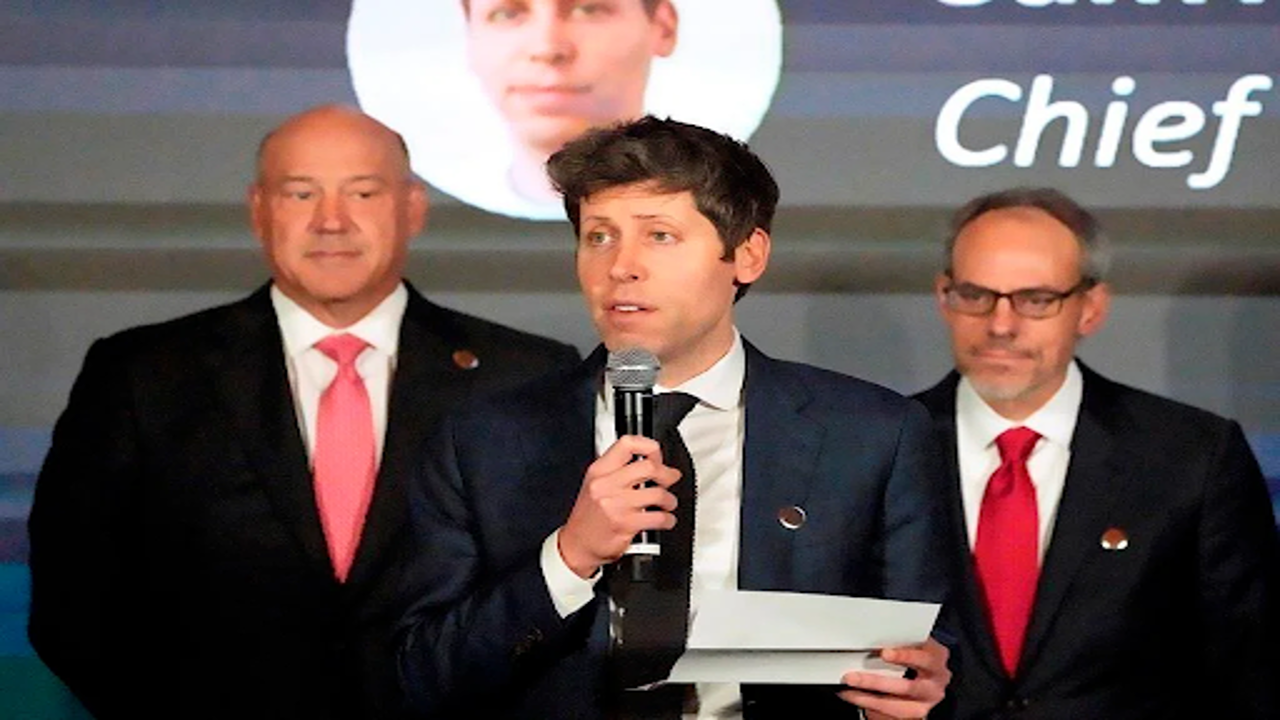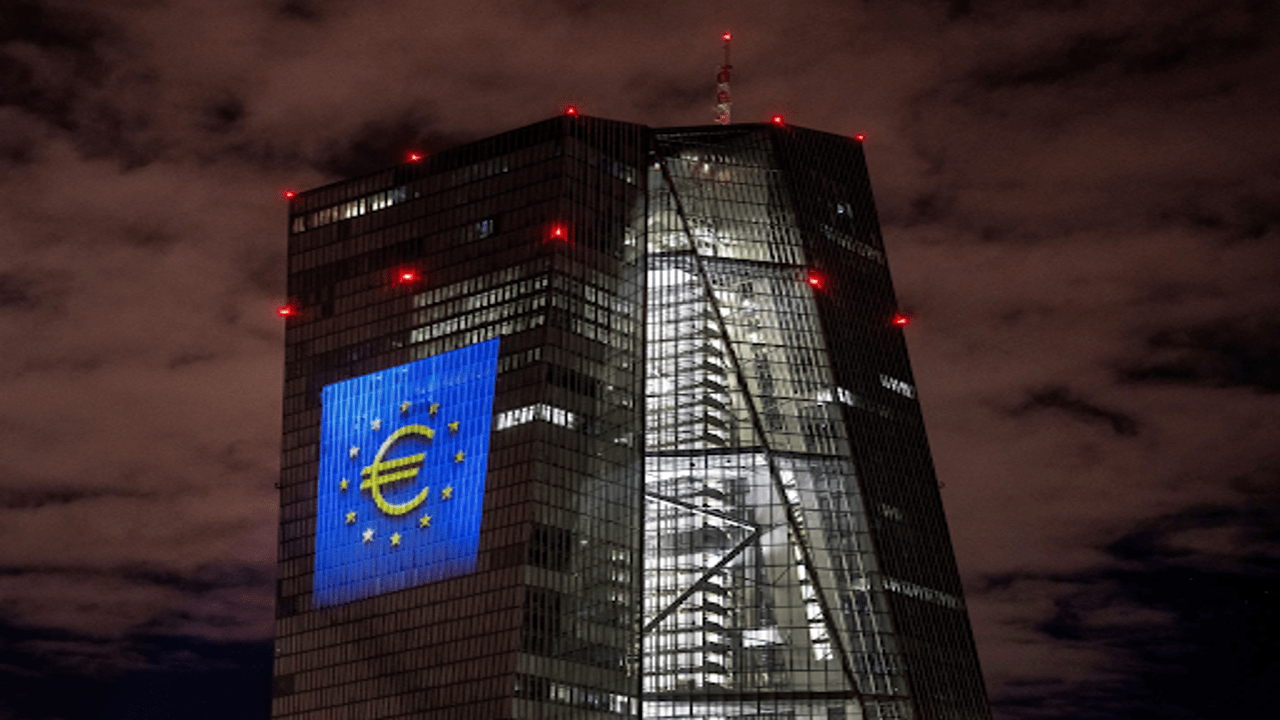
Open AI Chief Executive Officer Sam Altman (C) speaks at the Advancing Sustainable Development through Safe, Secure, and Trustworthy AI event on Sept. 23, 2024, in New York. (Bryan R. Smith/Pool Photo/ AP via The Canadian Press)
OpenAI, originally a nonprofit research organization, is reportedly considering shifting its structure to a for-profit model accountable to shareholders. According to a source familiar with the discussions, the company is looking into becoming a public benefit corporation, a hybrid entity designed to pursue both societal benefits and profits.
While OpenAI already has a for-profit division, its operations are controlled by a nonprofit board. If the company transitions to a public benefit corporation, this core structure would change. As of now, no final decision has been made, and the timeline for the shift remains unclear, the source said.
OpenAI's CEO, Sam Altman, addressed the potential restructuring during a tech conference in Italy, where he acknowledged that the company is exploring a transformation for its "next stage." However, Altman clarified that the recent resignations of key executives, including Chief Technology Officer Mira Murati, were unrelated to these restructuring plans. He dismissed rumors suggesting a connection between the departures and the company's overhaul, stating that many of the reports were inaccurate.
Despite the possible changes, OpenAI emphasized that its nonprofit arm will continue to play a crucial role. In a written statement, the company reiterated its commitment to developing AI that benefits everyone, stating that the nonprofit remains at the heart of its mission.
The company’s balance between commercial goals and societal benefits has sparked criticism. Mozilla's president, Mark Surman, criticized OpenAI for prioritizing profit over public interest, following the recent wave of executive departures. He described the exodus as indicative of OpenAI's focus on financial returns rather than its original mission.
Altman, however, downplayed the significance of the resignations, suggesting that the executives were ready to move on to new opportunities. Still, these departures add to a growing list of high-profile exits, including co-founder Ilya Sutskever and safety team leader Jan Leike, who left earlier this year. Leike had previously criticized OpenAI for neglecting safety concerns in favor of launching flashy new products.
The tension within OpenAI stems from its unique governance structure. Founded in 2015 as a nonprofit with the goal of developing AI for the benefit of humanity, the organization has since grown into a major player in the tech industry. However, this expansion has led to internal conflicts, most notably the brief ousting of Altman last November over a "breakdown in trust" between the board and top executives. He was reinstated shortly after with the backing of Microsoft, a key investor.
Although OpenAI's corporate structure was designed to allow for-profit growth while maintaining its nonprofit mission, the tension between these two goals continues to fuel uncertainty about the company's future direction.















